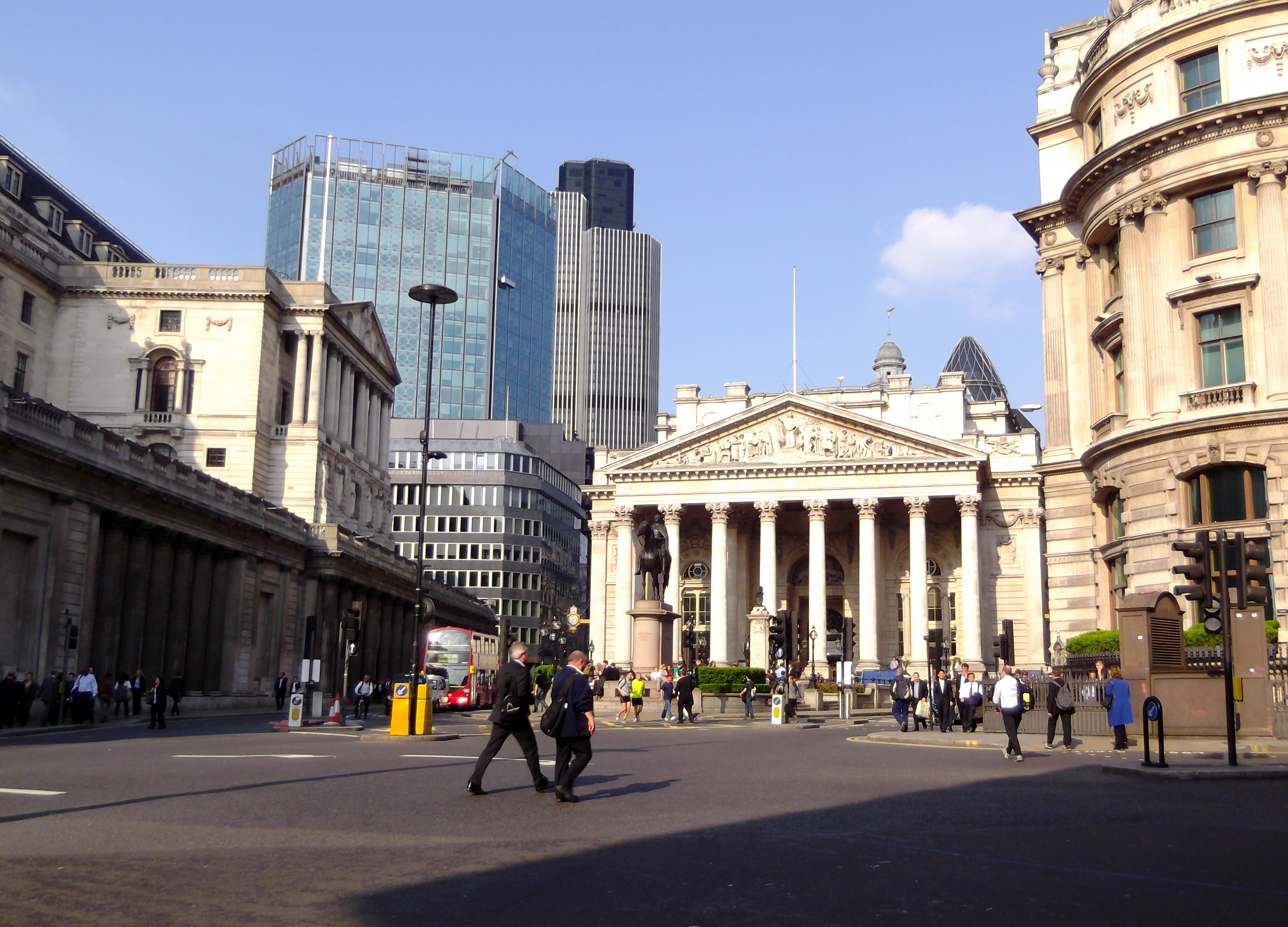The Central Bank raised the rate for the first time in more than 10 years. The minutes of the meeting indicate fears about instability of the economy close to 2019, when the UK should withdraw from the European Union.
7 of the 9 members of the Bank of England's Monetary Policy Committee voted to raise the rate.
At the same time, the regulator did not begin to change volume of the asset purchase program - 435 billion pounds ($ 574.2 billion) - and kept the volume of buying corporate bonds at 10 billion pounds. This decision was adopted unanimously by all members of the Committee on Monetary Policy.
The decisions of the central bank of Great Britain coincided with the forecasts of analysts.
Representatives of the Bank of England declined wording of their previous statements. Recall, earlier they said that it might be necessary to tighten monetary policy "to a somewhat greater extent" than markets assume. Officials are probably satisfied with the fact that the markets are betting another two points higher by a quarter point: one by the end of next year and another by 2020, Bloomberg reports.
The forecast pushed the pound down almost 1% against the dollar, to $ 1.3096.
"All members [of the committee] agree that any increase in the Bank's rate in the future is expected to be gradual and limited," the regulator said.
The Central Bank kept forecasts of growth and inflation in general unchanged and expects prices to increase by 2.2% in three years, which is slightly higher than the target. Estimates are based on market forecasts suggesting an increase in the key interest rate to 1% for this period.
Forecasts of the Bank of England suggest a relatively stable economic growth over the next three years (at about 1.7%), but this is well below the pre-crisis average of 2.9%.
In September, inflation in the UK accelerated to 3%, exceeding the target level of the Bank of England. At the same time, wage growth remains restrained, and real British incomes decline, which weakens the purchasing power of households.
The situation in the economy was better than the Central Bank predicted after the vote on Brexit in 2016. However, the withdrawal of the kingdom from the EU is still overshadowed by political uncertainty. So far, Brexit looks vague, not to mention the future relationship of Great Britain with its largest trading partner.
One more serious risk lies in the fact that that Brexit has already caused a negative impact on foreign investment, trade and limits the influx of labor. This can limit the growth rate of the economy, which will have consequences for income, demand and inflation.
The UK’s GDP in the third quarter grew by 0.4% compared to the previous three months, preliminary data from the National Statistics Office (ONS) showed. The growth of the economy relative to July-September 2016 amounted to 1.5%. Despite the fact that the GDP dynamics in the last quarter was better than expected, the economy is still growing at a slower pace than in 2016.
source: bloomberg.com
7 of the 9 members of the Bank of England's Monetary Policy Committee voted to raise the rate.
At the same time, the regulator did not begin to change volume of the asset purchase program - 435 billion pounds ($ 574.2 billion) - and kept the volume of buying corporate bonds at 10 billion pounds. This decision was adopted unanimously by all members of the Committee on Monetary Policy.
The decisions of the central bank of Great Britain coincided with the forecasts of analysts.
Representatives of the Bank of England declined wording of their previous statements. Recall, earlier they said that it might be necessary to tighten monetary policy "to a somewhat greater extent" than markets assume. Officials are probably satisfied with the fact that the markets are betting another two points higher by a quarter point: one by the end of next year and another by 2020, Bloomberg reports.
The forecast pushed the pound down almost 1% against the dollar, to $ 1.3096.
"All members [of the committee] agree that any increase in the Bank's rate in the future is expected to be gradual and limited," the regulator said.
The Central Bank kept forecasts of growth and inflation in general unchanged and expects prices to increase by 2.2% in three years, which is slightly higher than the target. Estimates are based on market forecasts suggesting an increase in the key interest rate to 1% for this period.
Forecasts of the Bank of England suggest a relatively stable economic growth over the next three years (at about 1.7%), but this is well below the pre-crisis average of 2.9%.
In September, inflation in the UK accelerated to 3%, exceeding the target level of the Bank of England. At the same time, wage growth remains restrained, and real British incomes decline, which weakens the purchasing power of households.
The situation in the economy was better than the Central Bank predicted after the vote on Brexit in 2016. However, the withdrawal of the kingdom from the EU is still overshadowed by political uncertainty. So far, Brexit looks vague, not to mention the future relationship of Great Britain with its largest trading partner.
One more serious risk lies in the fact that that Brexit has already caused a negative impact on foreign investment, trade and limits the influx of labor. This can limit the growth rate of the economy, which will have consequences for income, demand and inflation.
The UK’s GDP in the third quarter grew by 0.4% compared to the previous three months, preliminary data from the National Statistics Office (ONS) showed. The growth of the economy relative to July-September 2016 amounted to 1.5%. Despite the fact that the GDP dynamics in the last quarter was better than expected, the economy is still growing at a slower pace than in 2016.
source: bloomberg.com



















